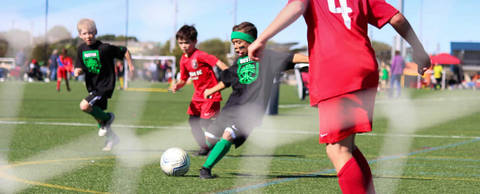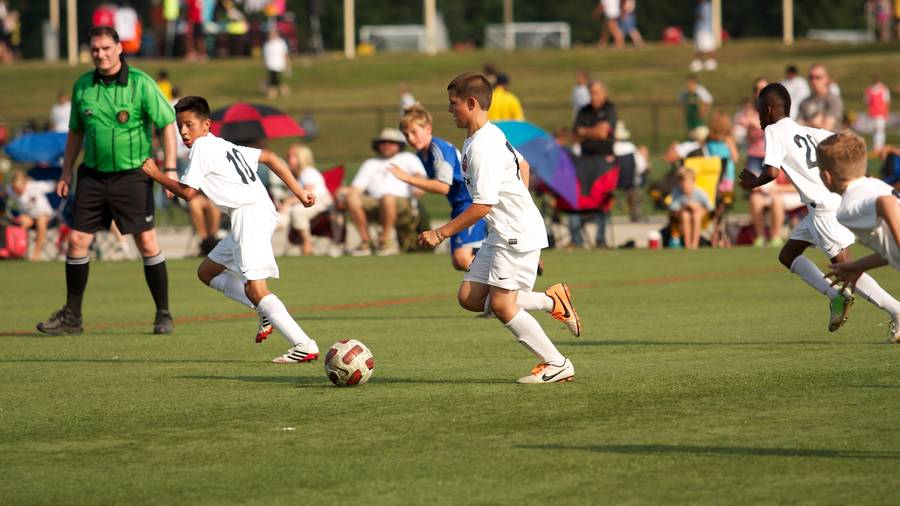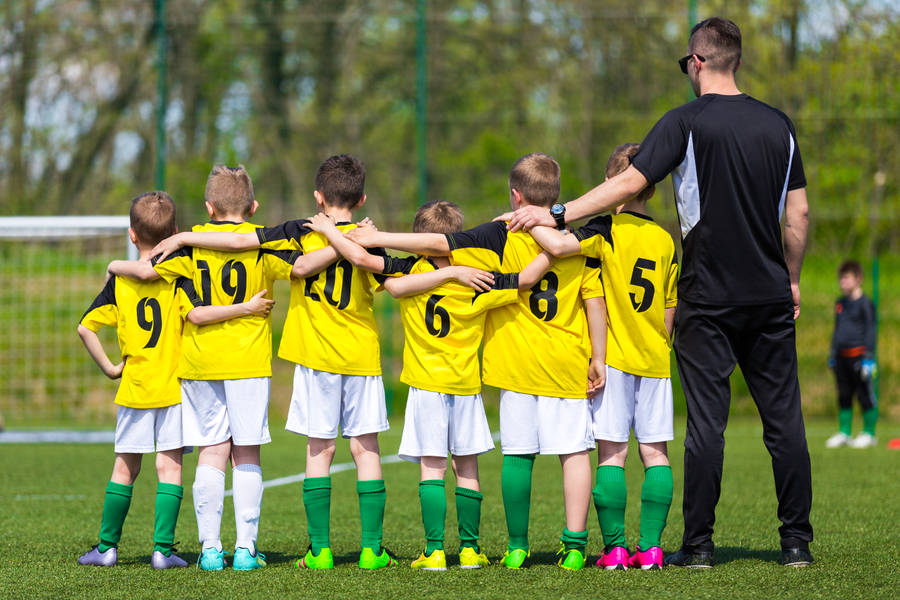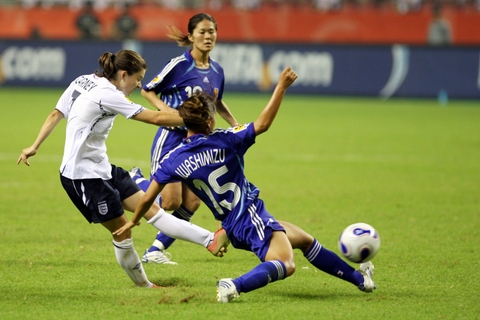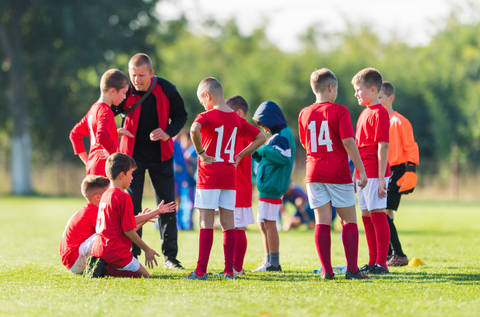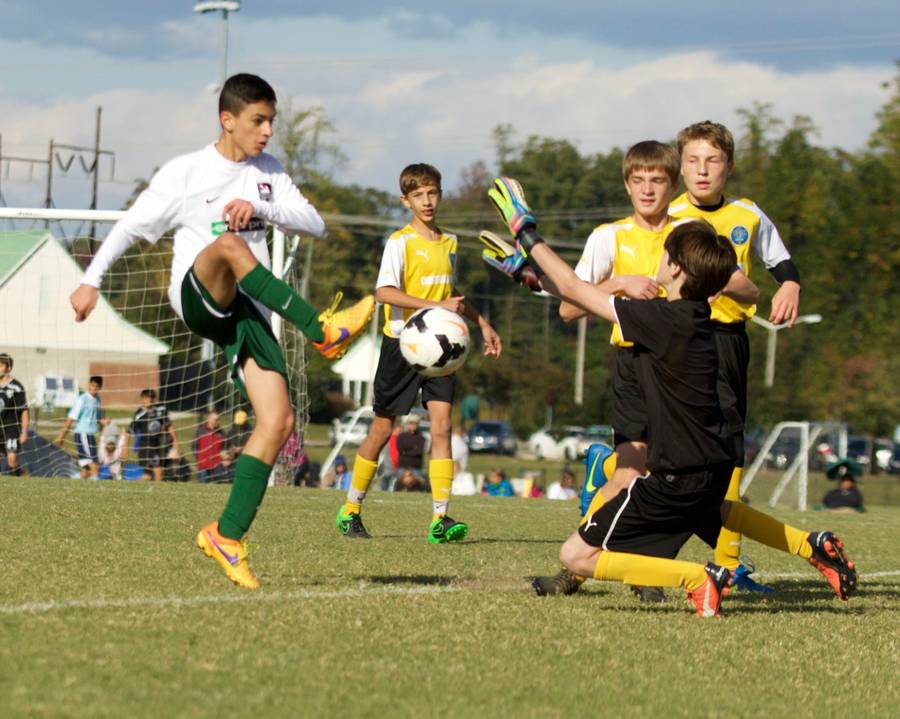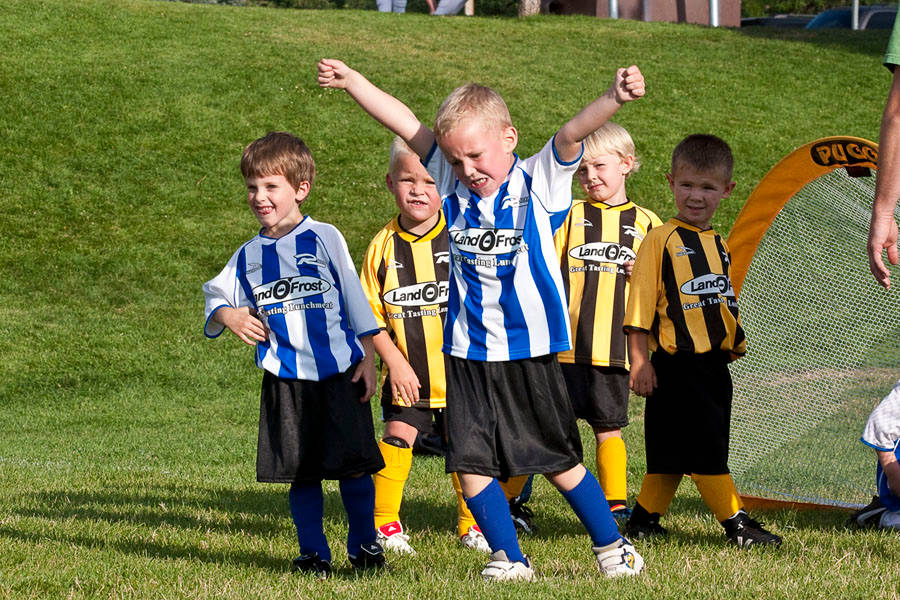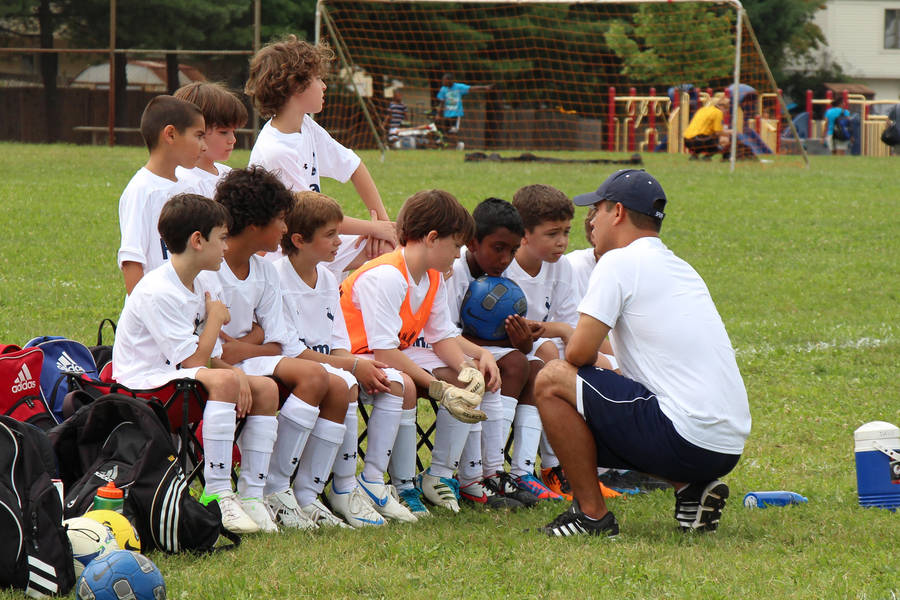
For all the influence of coaches, parental support plays a pivotal role in the development and wellbeing of junior footballers. The involvement of parents in their children's sporting pursuits can either create a positive and nurturing environment that encourages growth, or create a toxic atmosphere that hinders their potential and puts them off the game. Understanding the nuances of effective parental support is important for helping the next generation of young football players and ensuring their holistic development.
Poor parental support and inappropriate behaviour at junior football matches can have damaging effects on young players. Children are highly impressionable, and negative comments or excessive pressure from parents can lead to diminished self-esteem and a loss of passion for the sport. When parents shout criticisms or display frustration, it can create a high pressure environment where children feel they must perform perfectly to gain approval. This pressure can manifest as anxiety and fear, causing young players to play with trepidation rather than confidence and enjoyment. Witnessing aggressive behaviour from parents can lead to an unhealthy understanding of what competition looks like, potentially resulting in similar negative behaviours from the children themselves.
Good parental support on the other hand, is characterised by encouragement, understanding and constructive feedback. Parents should celebrate their children's efforts and achievements, regardless of the outcome of the match. This type of support helps build confidence and engenders a love for the game. A supportive parent focuses on their child's development and enjoyment rather than solely on winning. They provide a balanced perspective, helping children learn from their mistakes while emphasising the importance of teamwork and sportsmanship. However, this approach can be challenging for parents who naturally want to see their children succeed. The challenge lies in maintaining a positive attitude even when performances are below expectations, and in offering guidance without becoming overbearing.
When things are going badly for their child, parents play a crucial role in providing emotional support and encouragement. It is important for parents to reassure their children that setbacks are a natural part of any sport and an opportunity for growth. Constructive conversations that focus on what can be learned from a disappointing performance are more beneficial than criticism. Encouraging resilience and a growth mindset helps children understand that persistence and hard work are keys to improvement. Parents should highlight the positives, no matter how small, and reinforce their belief in their child's abilities.
As young players go upward through the age groups, it becomes more common for parents to drop them off at training and matches and not stay to watch. I believe this can send a message that their involvement in the sport is not valued. For young players, having their parents present at matches shows that their efforts and interests are important. It signifies that their parents are invested in their experiences and achievements. When parents make the effort to watch and support their children, it can strengthen the parent/child bond and boost the child's confidence and motivation. Conversely, a lack of presence can make children feel neglected and undervalued, potentially diminishing their enthusiasm for the game.
Unfortunately, we’ve all seen some parents exhibit negative behaviours at junior football matches, shouting bad things or behaving aggressively. This often stems from a misguided sense of wanting the best for their child, combined with the emotional investment in their child's success. Some parents may project their own unfulfilled ambitions onto their children, leading to unrealistic expectations and frustration when things do not go as hoped. Additionally, the competitive nature of football can exacerbate emotions, leading to outbursts that are detrimental to the child's experience. It is essential for parents to manage their emotions and remember that junior football is primarily about development and enjoyment, not just winning.
The fear that some young football players exhibit on the pitch can often be traced back to parental pressure and negative reinforcement. When children are constantly worried about making mistakes and facing criticism, they play with a sense of fear rather than freedom. This fear inhibits creativity and risk taking, both of which are essential for developing skills and growing as a player. A supportive environment where mistakes are seen as learning opportunities encourages young players to express themselves and develop their abilities without the fear of reprimand.
Contemporary research highlights the importance of positive parental involvement in youth sports. Studies have shown that children with supportive parents are more likely to enjoy their sporting activities and continue participating in them. Parental encouragement has been linked to higher levels of self-esteem, better psychological wellbeing, and a greater sense of enjoyment in sport. Conversely, excessive pressure from parents is associated with higher levels of anxiety and burnout, leading to a higher dropout rate in youth sports.
Creating a positive and constructive environment for young footballers requires parents to strike a careful balance between support and pressure. It involves recognising and celebrating small achievements, providing constructive feedback and encouraging a love for the game rather than an obsession with winning. Parents should be role models of good behaviour, demonstrating respect for coaches, referees and other players. This behaviour sets a positive example for children, teaching them the values of respect, teamwork, and perseverance.
Parents should also educate themselves about the developmental stages of young players and the realistic expectations that come with them. Understanding that children develop at different rates and that progress is not always linear can help temper unrealistic expectations. Being informed about the physical and emotional demands of the sport can guide parents in providing appropriate support and encouragement.
Additionally, I’ve found that open communication between parents, coaches and players is vital. Parents should seek to understand the goals of their child's coach and work together to support their child's development. Coaches can offer valuable insights into a child's progress and areas for improvement, allowing parents to align their support with the coach's guidance. This collaborative approach ensures that the child receives consistent messages and support from all influential figures in their sporting life.
It is also important for parents to encourage balance in their child's life. While dedication to football is essential for development, it should not come at the expense of other interests and activities. Encouraging children to pursue a variety of interests helps them develop well rounded skills and prevents burnout. Ensuring that football remains a fun and enjoyable part of their lives is crucial for long term participation and development.
By striking a balance between support and pressure, educating themselves, and maintaining open communication with coaches, parents can create a positive and constructive environment for their children's sporting pursuits. This approach not only enhances the development and wellbeing of young footballers but also instils values that will benefit them both on and off the pitch.



